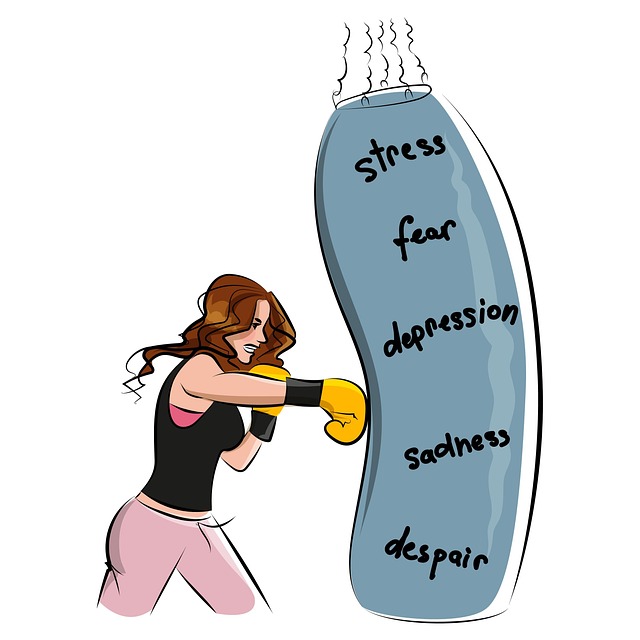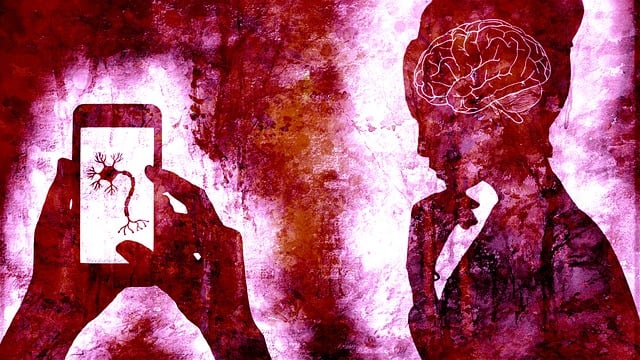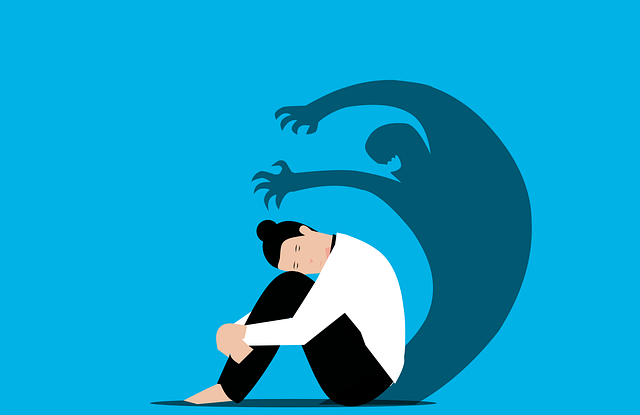Littleton Biofeedback Therapy offers a comprehensive, holistic approach to managing loss, grief, and bereavement, addressing both cognitive and physiological aspects. Combining traditional talk therapy with biofeedback techniques, they help individuals regulate emotions, reduce anxiety, and develop resilience. This unique method not only facilitates healing but also equips people with long-term tools for mental wellness management, empowering them to overcome post-loss challenges and transition into life's next phase with strength and optimism.
“Loss, grief, and bereavement are powerful yet often misunderstood aspects of life that can profoundly impact an individual’s emotional well-being. This comprehensive guide delves into these complex topics, offering a detailed overview for those navigating difficult emotions post-loss. We explore the critical role counseling plays in healing processes, highlighting innovative approaches like Littleton Biofeedback Therapy. By addressing common challenges and sharing effective coping strategies, this article aims to provide valuable insights and support systems for individuals seeking to understand and overcome bereavement.”
- Understanding Loss, Grief, and Bereavement: A Comprehensive Overview
- The Role of Counseling in Navigating Difficult Emotions
- Littleton Biofeedback Therapy: A Unique Approach to Healing
- Common Challenges Facing Individuals after Loss
- Effective Strategies for Coping and Support Systems
Understanding Loss, Grief, and Bereavement: A Comprehensive Overview

Loss, grief, and bereavement are complex emotional experiences that can profoundly impact an individual’s well-being. Understanding these concepts is essential for effective counseling, especially in a supportive setting like Littleton Biofeedback Therapy. Loss refers to the absence or deprivation of something valued, whether it’s a loved one, job, relationship, or any significant aspect of life. Grief is the emotional response to loss, characterized by feelings of deep sorrow and pain. It involves a range of reactions, including mourning, anger, guilt, and difficulty accepting the reality of the loss. Bereavement, on the other hand, is the period after a significant loss when individuals adjust and cope with their new circumstances.
Littleton Biofeedback Therapy offers a unique approach to addressing these challenging topics by integrating various techniques like Burnout Prevention Strategies for Healthcare Providers, promoting Inner Strength Development, and emphasizing Cultural Sensitivity in Mental Healthcare Practice. This comprehensive overview ensures that counseling is tailored to meet the individual’s needs, fostering resilience and helping them navigate the intricate journey of healing and acceptance.
The Role of Counseling in Navigating Difficult Emotions

Counseling plays a pivotal role in helping individuals navigate the tumultuous sea of emotions that often accompany loss, grief, and bereavement. It provides a safe space for expression and processing, allowing people to confront and work through their complex feelings. Through skilled guidance from professionals like those at Littleton Biofeedback Therapy, clients can learn effective coping strategies to manage intense emotions such as sadness, anger, guilt, or fear.
This supportive process enables individuals to understand and accept their emotional responses, fostering resilience in the face of adversity. Moreover, counseling can help prevent or mitigate the risks associated with prolonged grief, which, if left unaddressed, may lead to more severe mental health concerns. By integrating evidence-based practices and tailored interventions, counselors contribute to the development of comprehensive Mental Wellness Coaching Programs, ultimately empowering individuals to heal and thrive in the aftermath of loss.
Littleton Biofeedback Therapy: A Unique Approach to Healing

In the realm of loss, grief, and bereavement counseling, Littleton Biofeedback Therapy offers a unique approach to healing. This innovative method combines traditional talk therapy with biofeedback techniques, focusing on the interconnectedness of the mind and body. By facilitating relaxation and self-regulation, Littleton Biofeedback Therapy helps individuals process their emotions more effectively, fostering mental wellness and emotional intelligence. This holistic approach is particularly beneficial during crisis intervention guidance, as it addresses both the cognitive and physiological aspects of grief.
The development of Mental Wellness Coaching Programs has been significantly influenced by this therapy’s success. By teaching clients to monitor and control their physiological responses, Littleton Biofeedback Therapy empowers them to navigate challenging emotional landscapes with greater ease. As a result, individuals not only heal from grief but also gain valuable tools for long-term mental wellness management. This approach underscores the importance of integrating biofeedback techniques into counseling practices, offering a comprehensive solution that resonates with folks navigating loss and bereavement.
Common Challenges Facing Individuals after Loss

After experiencing a significant loss, individuals often face a multitude of challenges as they navigate their grief and bereavement. One of the most prevalent difficulties is the intensification of existing mental health conditions or the onset of new ones. Anxiety and depression are common companions during this period, with many people struggling to cope with the emotional rollercoaster that follows a profound loss. The complex nature of grief can lead to feelings of confusion, isolation, and even anger, making it hard for those affected to find their footing again.
Littleton Biofeedback Therapy offers a unique approach to addressing these challenges. By focusing on mental illness stigma reduction efforts and providing tools for anxiety relief and emotional regulation, this therapy type empowers individuals to take charge of their mental well-being. Through various techniques, clients learn to manage stress responses, gain insights into their emotions, and develop healthier coping mechanisms. This holistic support is invaluable in the journey towards healing and can be a game-changer in overcoming the common obstacles faced after loss.
Effective Strategies for Coping and Support Systems

Coping with loss, grief, and bereavement can be an intensely personal journey, but several effective strategies can help individuals navigate these challenging times. One powerful tool that has gained recognition in the field of mental health is Littleton Biofeedback Therapy. This innovative approach combines traditional therapy methods with biofeedback techniques to facilitate emotional regulation. By teaching clients how to control their physiological responses, this therapy empowers them to manage stress and anxiety associated with bereavement.
In addition to biofeedback, building a strong support system is vital. Social Skills Training can help individuals re-establish connections and foster meaningful relationships, which are essential for healing. Sharing experiences and emotions with trusted friends, family members, or support groups can provide comfort and understanding. Moreover, Confidence Boosting techniques can aid in rebuilding self-esteem and resilience after a significant loss. This can involve setting achievable goals, practicing self-care, and learning to navigate life’s transitions with newfound strength and optimism.
In navigating the complex landscape of loss, grief, and bereavement, counseling plays a pivotal role in helping individuals process their emotions and find healing. The article has explored various aspects, from understanding these profound experiences to exploring innovative therapies like Littleton Biofeedback Therapy, which offers a unique approach to managing difficult feelings. By recognizing common challenges and acknowledging the importance of support systems, we can foster resilience and provide effective coping strategies for those navigating the aftermath of loss. This comprehensive overview underscores the value of counseling in revolutionizing one’s journey through grief.














